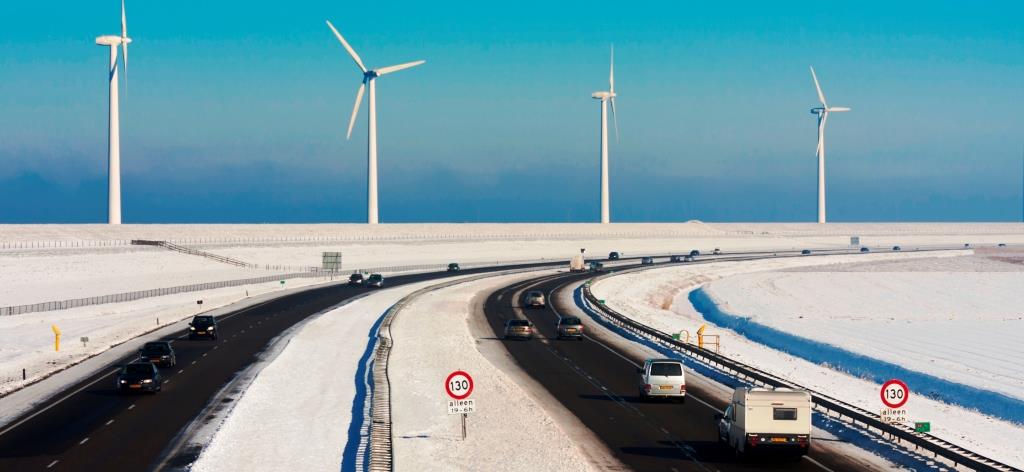The 2015 annual World Energy Trilemma report prepared by the World Energy Council, Oliver Wyman and MMC’s Global Risk Center uniquely presents the views of the global energy sector on what is needed from the forthcoming Paris negotiations to enable energy leaders to continue to make progress on meeting national and global energy goals.
The sector set out five priority action areas to enable a secure energy transition.
The energy challenges faced by each country are unique and complex, as shown by the 2015 Energy Trilemma Index. The Index ranks 130 countries on their performance in providing secure, equitable, and environmentally sustainable energy and scores countries on their balance between the three dimensions.
An estimated US$48-54 trillion in investments is needed to address this energy trilemma worldwide over the next two decades. New technologies are offering countries evolving choices on how they source and use energy now and in the decade to come and, along with this, opening new markets, changing business models and offering operational improvements for energy companies. Progress in meeting the energy trilemma depends on governments setting in place clear market frameworks and consistent energy goals to create the conditions to support energy investments and innovation. Progress in meeting the energy trilemma depends on governments setting in place clear market frameworks and consistent energy goals to create the conditions to support energy investments and innovation.
Five priority actions areas
To meet climate targets, development goals and balance the energy trilemma a focus on five key mechanisms is needed.



